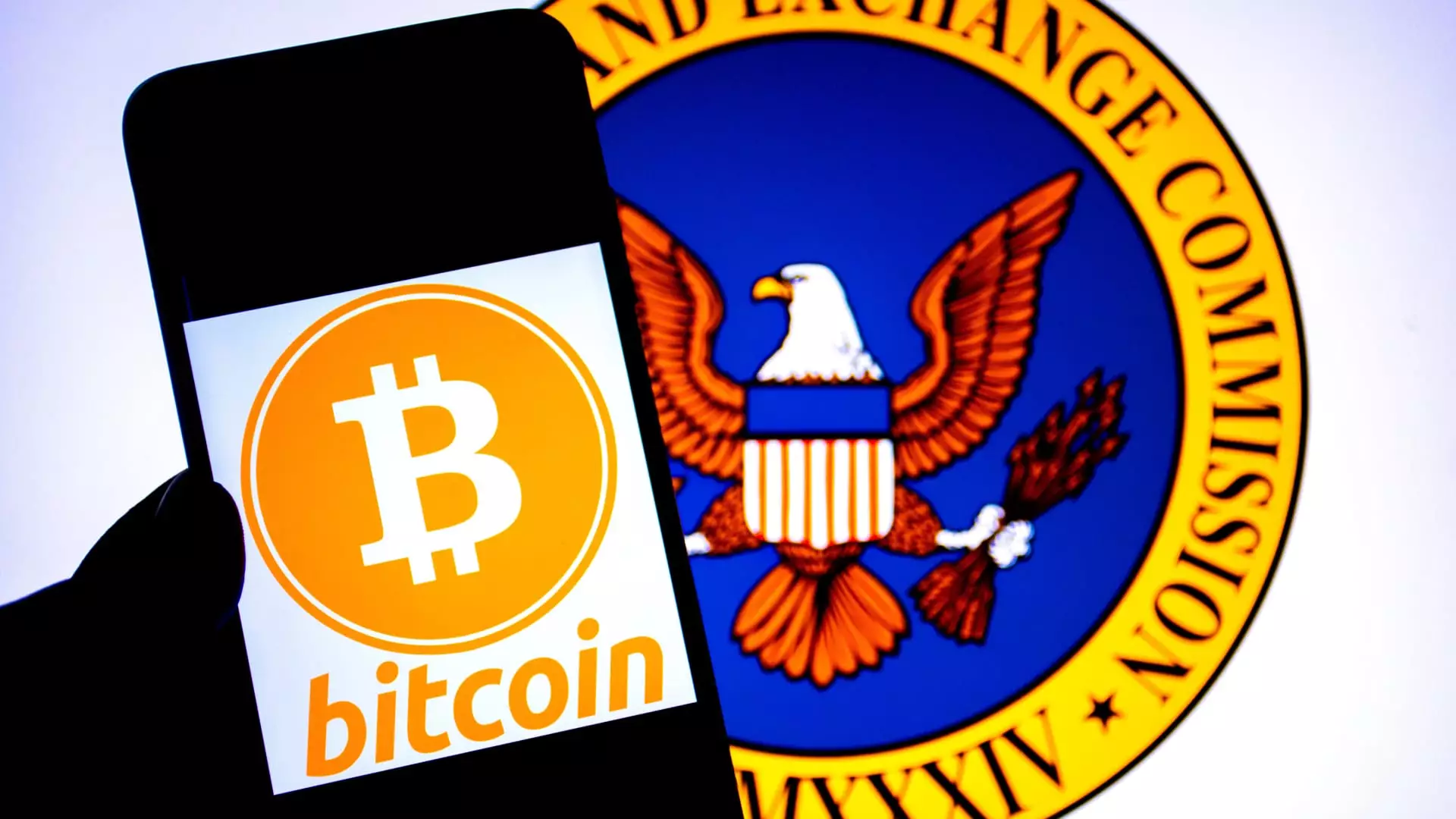For several years, the cryptocurrency landscape in the United States has been characterized by uncertainty and stringent regulations. A significant element of this regulatory complexity was the U.S. Securities and Exchange Commission’s (SEC) Staff Accounting Bulletin 121 (SAB 121), enacted in 2022. This guidance mandated that banks categorize digital currencies like Bitcoin as liabilities on their financial statements, a classification that complicated their ability to engage with cryptocurrencies. The regulation played a pivotal role in deterring major financial institutions from traversing into the cryptocurrency domain, presenting significant financial and operational burdens that many deemed unmanageable.
In a notable shift, the SEC has announced its decision to rescind SAB 121, marking a transformative moment for the cryptocurrency sector. This move signals a broader willingness of federal regulators to adapt to the evolving landscape of financial technology and digital currencies. The announcement came shortly after the resignation of Gary Gensler, a strong proponent of the original legislation, indicating a potential paradigm shift in regulatory attitudes towards crypto assets. SEC Commissioner Hester Peirce’s enthusiasm for the repeal underscores an internal agency dynamic that recognizes the necessity for more flexible and supportive regulations that align with the innovative spirit of the cryptocurrency marketplace.
Efforts to abolish SAB 121 had garnered attention from both sides of the political aisle, highlighting a rare moment of consensus in a deeply divided Congress. As the cryptocurrency industry lobbied for favorable regulations, the political landscape began to shift, with former President Trump advocating for a more welcoming stance on digital assets. While initial attempts to overturn the regulation faced a veto from President Biden, the subsequent rescindment by the SEC represents a progressive step, responding to pressures from financial institutions eager for clarity and accessibility in the crypto space.
The revocation of SAB 121 holds significant implications for Wall Street and its approach to cryptocurrencies. Major banks, which previously restricted their crypto involvement mainly to derivative products, may now reconsider their strategies toward offering direct custodial services and investment products linked to digital assets. Prominent financial figures, including Goldman Sachs CEO David Solomon, expressed an expectation that the competitive landscape for cryptocurrencies will evolve fundamentally with this regulatory change. As other banks follow suit, the potential for new investment vehicles and broader adoption of cryptocurrencies by the financial sector may unfold.
The SEC’s decision paves the way for a reimagined framework for cryptocurrency regulation in the United States. The establishment of a new crypto task force within the SEC, aimed at crafting clearer regulations, reflects an understanding that the financial environment is evolving rapidly. As institutional interest in digital currencies continues to grow, the challenge lies in balancing innovation with investor protection. For banks, investment firms, and other financial players, navigating this new regulatory landscape will be crucial. The future of cryptocurrency investment is now more promising, with the potential for a more cohesive and supportive regulatory approach that could reshape the financial sector in profound ways.

